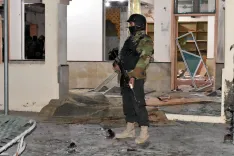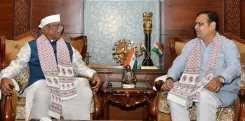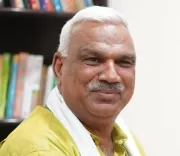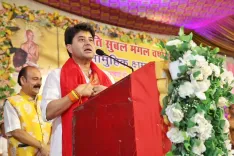Should the UN General Assembly and Security Council Operate as Complementary Entities?
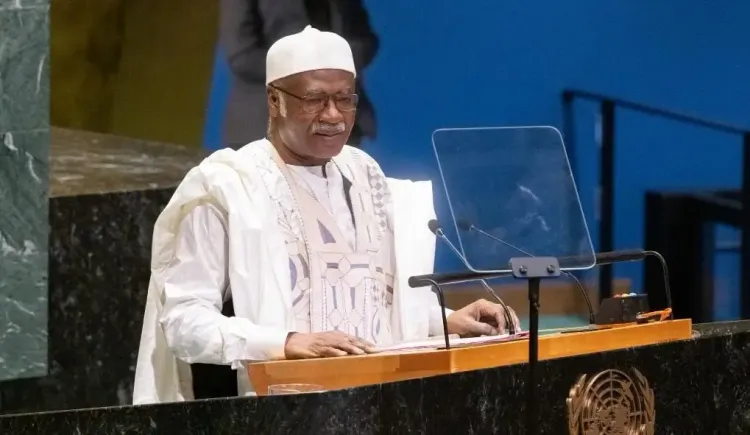
Synopsis
Key Takeaways
- The UNGA and Security Council should function as complementary bodies.
- Strengthened cooperation boosts the UN's credibility.
- The General Assembly can respond effectively during Security Council deadlocks.
- Reforms in the Security Council are urgent for improved effectiveness.
- Initiatives like the Veto Initiative enhance accountability.
United Nations, Sep 9 (NationPress) The UN General Assembly (UNGA) and the Security Council must operate as complementary entities, with enhanced collaboration between the two enhancing the United Nations' credibility and response capabilities, stated Philemon Yang, the president of the 79th session of the UNGA.
In a written interview with Xinhua, Yang emphasized that within the limits set by the UN Charter, when the Security Council faces a stalemate, the General Assembly should intervene to uphold the UN's credibility and mission, ensuring a coordinated and effective approach to global crises.
Action 42 of the Pact for the Future, adopted in September 2024, demonstrates a formal commitment from member states to enhance the role and authority of the General Assembly in confronting evolving global challenges, fully aligned with the UN Charter, he stated.
The Pact for the Future prioritizes the urgent reform of the UN Security Council. By advancing this reform through intergovernmental discussions in the General Assembly, the Security Council could improve its efficacy in executing its mandate, as noted by the UNGA president.
A pivotal step could be to build upon existing initiatives such as the Veto Initiative, adopted via a General Assembly resolution in 2022, which advocates for greater accountability and transparency whenever a permanent member exercises their veto, according to Xinhua.
By ensuring that vetoes are publicly justified and reviewed, the Security Council is held more accountable, potentially deterring the use of vetoes that result in paralysis during critical situations, he clarified.
"The General Assembly has indeed gained more authority to act decisively during Security Council deadlocks," Yang pointed out, referencing the resumption of Emergency Special Sessions on Ukraine and the situation in the Middle East, alongside the meetings on the Veto Initiative concerning crises in Sudan, Syria, and Mali in recent years.
The UNGA president highlighted that these advancements signify the increasing acknowledgment of the General Assembly's essential role in upholding international peace and security when the Security Council is incapacitated. "The Assembly possesses the necessary tools to assist during critical moments."
"Ultimately, enhancing cooperation between the General Assembly and the Security Council will significantly bolster the UN's credibility and its capacity for effective response," Yang emphasized.



